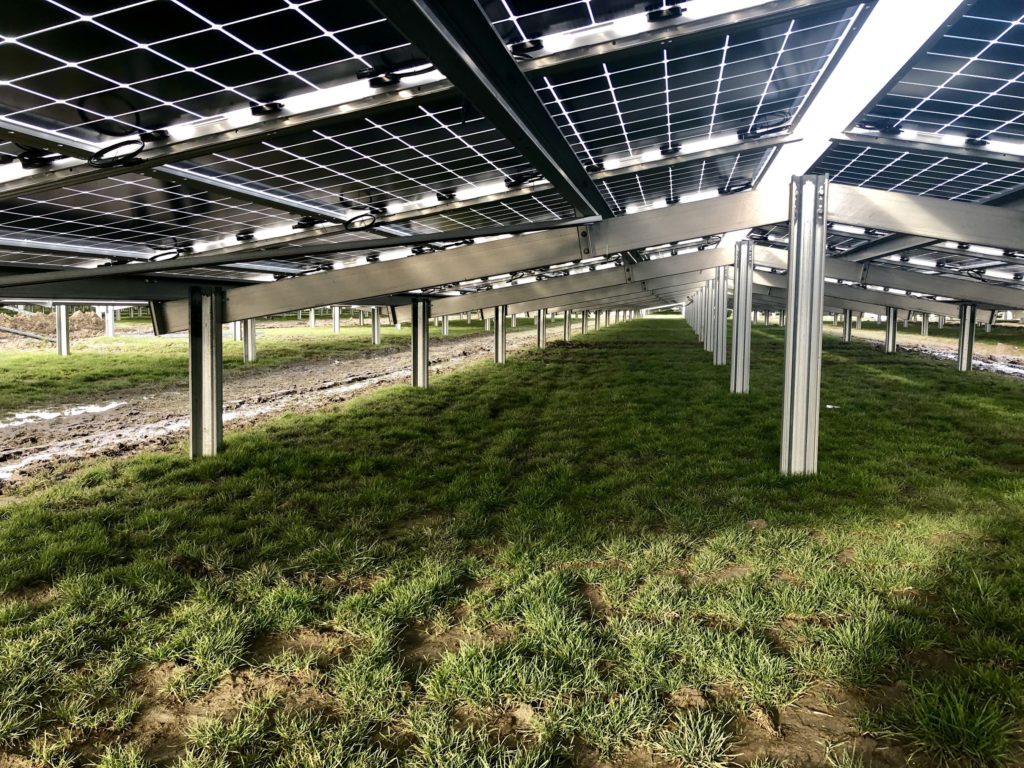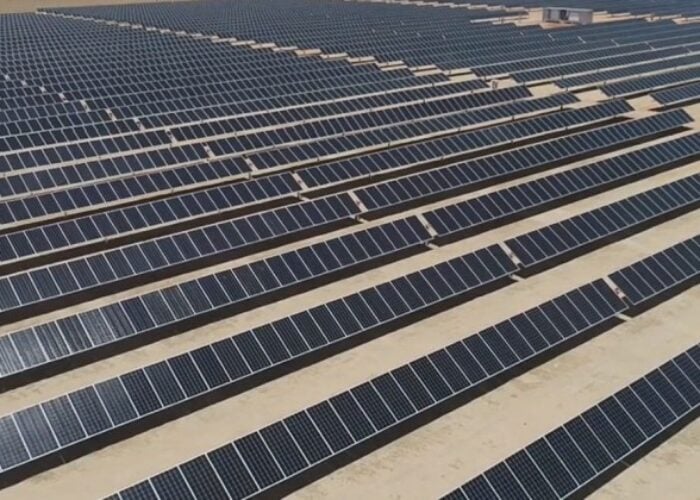
Researchers in Spain have developed a statistical model aimed at reducing uncertainties in the estimation of albedo, the measure of radiation reflected from the ground that is an essential factor in the performance of bifacial PV modules.
Quality control firm Enertis Applus+ and the University of the Basque Country’s Technological Institute for Microelectronics claim the methodology will help optimise the profitability of bifacial PV modules by improving the accuracy of albedo estimations used in bifacial PV system performance modelling.
Try Premium for just $1
- Full premium access for the first month at only $1
- Converts to an annual rate after 30 days unless cancelled
- Cancel anytime during the trial period
Premium Benefits
- Expert industry analysis and interviews
- Digital access to PV Tech Power journal
- Exclusive event discounts
Or get the full Premium subscription right away
Or continue reading this article for free
In recent years, bifacial technology, which converts sunlight to electricity on both faces of a module, has become increasingly widely adopted and is estimated to account for 40% of all new deployments by 2028.
Albedo estimation is a key input parameter for calculating the likely performance of a bifacial PV system and therefore its profitability. However, short-term on-site albedo measurements often used in bifacial PV system performance modelling present high levels of variability related to changing weather, surface and other local conditions, as well as apparently random variations of up to 60% on consecutive days or even within the same day.
The new statistical model compares short-term measurement campaigns with long-term ones and satellite data to define the minimum number of measurements needed for each surface or climate type to ensure on-site short-term albedo estimates match with on-site long-term measurements.
As well as an accurate picture of albedo variability depending on the time of year, the new models enable an optimum measurement number and duration to be determined, and an admissible error and uncertainty factor in modelling.
The methodology also reveals that the albedo variability is not as random as previously thought and in fact increases significantly closer to the solstice in all measurement methods analysed.
In a report on the study in the journal ‘Renewable Energy’, the researchers concluded that the new methodology would enable more accurate estimations of proposed bifacial PV installations.
“The developed model will allow, especially during measurement campaigns in new locations, where long-term data are not usually available, the determination of, taking into account the climate and surface of the location, the optimum short-term measurement number to ensure a maximum error in the measurement. Therefore, it would be possible to optimise measurement campaigns and to obtain a better performance estimation of the location.”






